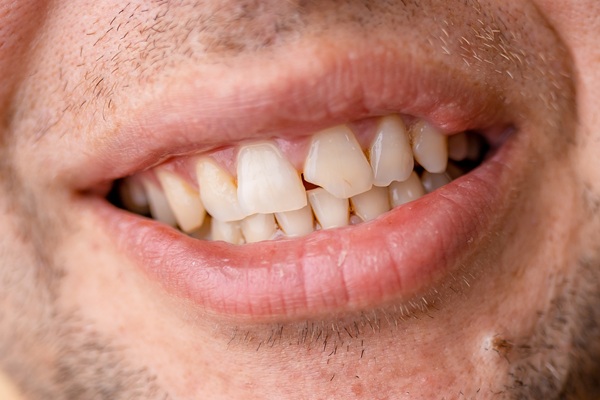A General Dentist Explains the Types of Dental Implants

A general dentist can provide you with beautiful dental implants to replace any missing teeth. Dental implants are small metal screws that are inserted into the jawbone through a surgical procedure. They function as a dental restoration for lost teeth.
How dental implants work
Since the implants stay in the jawbone, they offer sturdy support for artificial teeth. A general dentist can mount dentures and bridges to implants to prevent them from slipping or shifting, which helps for speech and eating. The firm attachment ensures dentures, bridges and dental crowns placed on the implants feel and appear more natural than traditional dentures and bridges.
In many patients, simply using bridges and dentures is not possible or creates discomfort by causing sore spots, gagging or bad ridges. Additionally, regular bridges have to be connected to the teeth on each side of the gap created by the lost tooth. The benefit of the implant is that the nearby teeth do not need to be primed or filed down to create space to hold the new tooth replacement.
To qualify for dental implants, your gums must be healthy, and there must be enough bone to hold the implant. You must also take your oral health seriously. To ensure lasting success of dental implants, patients have to stick with their dental appointments and maintain adequate oral hygiene.
Types of dental implants
Implants typically cost more than other tooth replacement methods. The American Dental Association acknowledges two safe types of dental implants:
Subperiosteal implants
These are built from metal frames and placed on the jawbone, right below the gum tissue. The healing process of the gum will fix the frame to the jawbone. The post fused to the frame will protrude through the gums, after which the prosthetic tooth or teeth will be mounted to the posts.
Endosteal implants
These are inserted into the jawbone directly through a surgical procedure. After the surrounding gum tissue has fully healed, another surgery will be performed to attach a post to the original implant. Afterward, an artificial tooth or teeth will be fused to the post by itself or grouped with a denture or bridge if multiple teeth are missing.
Other applications of dental implants
Based on the state of your jawbone and specific requirements, the dentist may recommend some other treatment option to complement the regular dental implant procedure. These may include:
Immediate load dental implants
Often called same-day implants, immediate load dental implants make it possible to place a temporary tooth on the day of dental implant placement. This may be a good choice if you have sufficient natural bone and the implant is firm enough to support immediate placement and pressure on the new temporary crown.
Mini dental implants
Also termed narrow or small diameter implants, these small-sized implants are thinner than the regular dental implants. They are inserted through minimally invasive methods and are mostly used to stabilize a lower denture.
All-on-4
This is a substitute for placing an upper or lower set of replacement teeth, termed a full arch. Four dental implants will be inserted into the current bone, removing the need for bone graft. The dentist will use unique abutments to allow placement of the temporary prosthetic teeth on the same day. The permanent teeth will be placed when the gum tissues have fully healed around the dental implant.
Final note
Your general dentist can provide you with dental implants for an easy, durable and natural replacement for missing teeth. The various options allow patients of different degrees of dental health to restore their smile. Contact a dental professional to discuss dental implants.
Request an appointment here: https://www.lilburnfamilydentistry.com or call Lilburn Family Dentistry at (770) 800-0178 for an appointment in our Lilburn office.
Check out what others are saying about our services on Yelp: Read our Yelp reviews.
Recent Posts
Dental crowns are restorations that can address a range of dental issues, from severely damaged teeth to protecting a tooth after a root canal. They help preserve oral health and enhance a smile's appearance. In addition to being versatile, they are available in different materials, which can be helpful for individuals who want options.Dental crowns…
A broken tooth is a common dental issue that can happen for many reasons, such as accidents, biting into something hard, or untreated tooth decay. Whether a dentist can save a broken tooth or needs to remove it depends on how severe the damage is and how quickly patients seek treatment. While modern dental techniques…
Dental crowns are a popular dental restoration, effectively preserving and enhancing the function of damaged or weakened teeth. These custom-made caps are designed to fit over the existing tooth, providing both structural support and improvements in your smile's appearance. However, not all dental crowns are created equal. The type of dental crown you choose can…
Your dentist can help determine if you need dental crowns. There are many reasons for getting these restorations. The main goal is always to restore the tooth and enhance its functions. Here are the signs you may need dental crowns soon.Losing at least one tooth can cause more dental problems. It can lead to dental…


